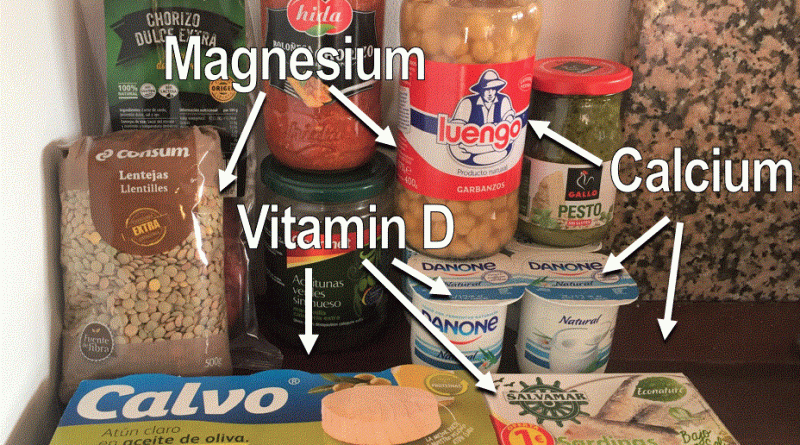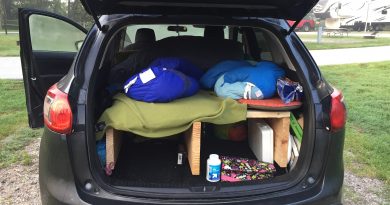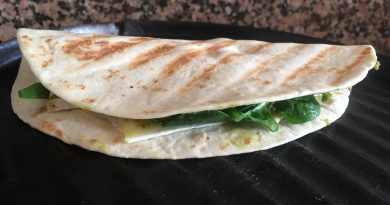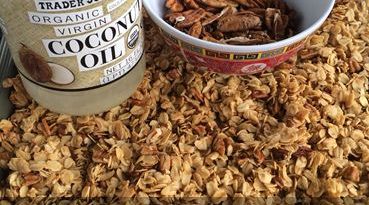My road life food philosophy
Road Life Food Philosophy
Our camp cooking drastically improved once we transitioned to road life. As 9 -5 professional Weekend Craggers, we ate a lot of canned soup, ramen noodles, and Velveeta on weekend trips!. As we transitioned to long-term road life, however, I knew we needed to improve. I’m obsessed with what other people cook on the road, because I’m always looking for ideas for myself. I’m the overly curious camper who asks other people about their meals. I know they share my food passion when they respond enthusiastically!
Not delving into the merits of vegetarian vs. vegan vs. paleo vs. mediterranean vs. raw vs. random dirtbag diet, the dinner dishes that most inspire me include fresh ingredients, heaps of colorful vegetables, and some form of protein. Snacks and breakfasts contain raw nuts, fruit, eggs and veggies, soy milk, or yogurt. As long as we eat vegetables, fruit, nuts, and a form of protein, I don’t worry about whether we eat vegetarian/paleo/Mediterranean/pasta meals. When in doubt, add spinach. A little chocolate always makes an excellent dessert!
I Aim for these Nutrients
Vitamin D: Vitamin D is essential for calcium absorption. Vitamin D helps regulate calcium levels and build strong bones. Good sources of Vitamin D include smoked salmon, sardines, tuna, eggs, and fortified soy milk. Sunlight can also provide Vitamin D. The recommended daily allowance for Vitamin D is 600 IU/day.
Calcium: Your body needs calcium to build and maintain strong bones. Your heart, muscles and nerves also need calcium to function properly. Good sources of calcium include sardines, oatmeal, soy milk, broccoli, spinach, almonds, and eggs.
Magnesium: Magnesium helps the proper absorption and utilization of minerals such as Vitamin D and potassium. The recommended daily allowance for magnesium is 420 mg/day for men and 320 mg/day for women. Good sources of magnesium include lentils, oatmeal, spinach, sunflower seeds, almonds, sardines, and tuna.
Potassium: The electrolyte potassium has multiple functions. Potassium transmits impulses that stimulate muscles and nerves, regulates heartbeat, lowers blood pressure, and protects our bones by helping our bodies maintain calcium. Good sources of potassium include fruits and vegetables!
Iron: Our bodies use iron to make the protein called hemoglobin. Without hemoglobin your red blood cells can’t carry oxygen from your lungs to the rest of your body. The recommended dietary allowance for adult males and for women over 50 is 8 milligrams per day. For women aged 19-50, the RDA is 18 milligrams per day (it’s higher to compensate for menstrual losses). Good sources of iron include spinach, liver, oatmeal, sardines, tofu, lentils, and nuts.
Vitamin C aids in the growth and repair of tissues, healing wounds, and maintaining bones and health. Vitamin C also helps the body make collagen, an important protein used to make skin, cartilage, tendons, ligaments, and blood vessels. Good sources of Vitamin C include fruits, spinach, and broccoli!



